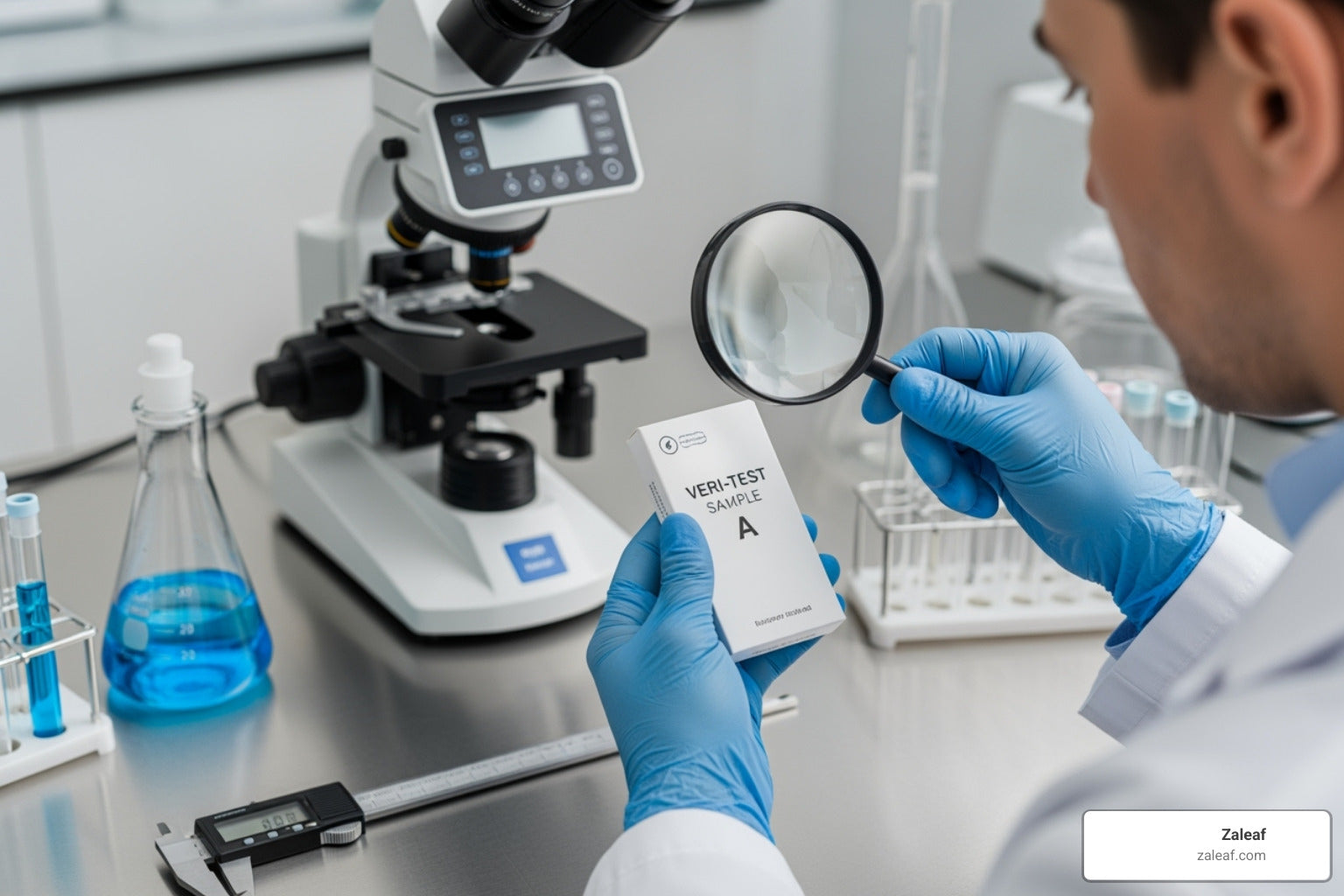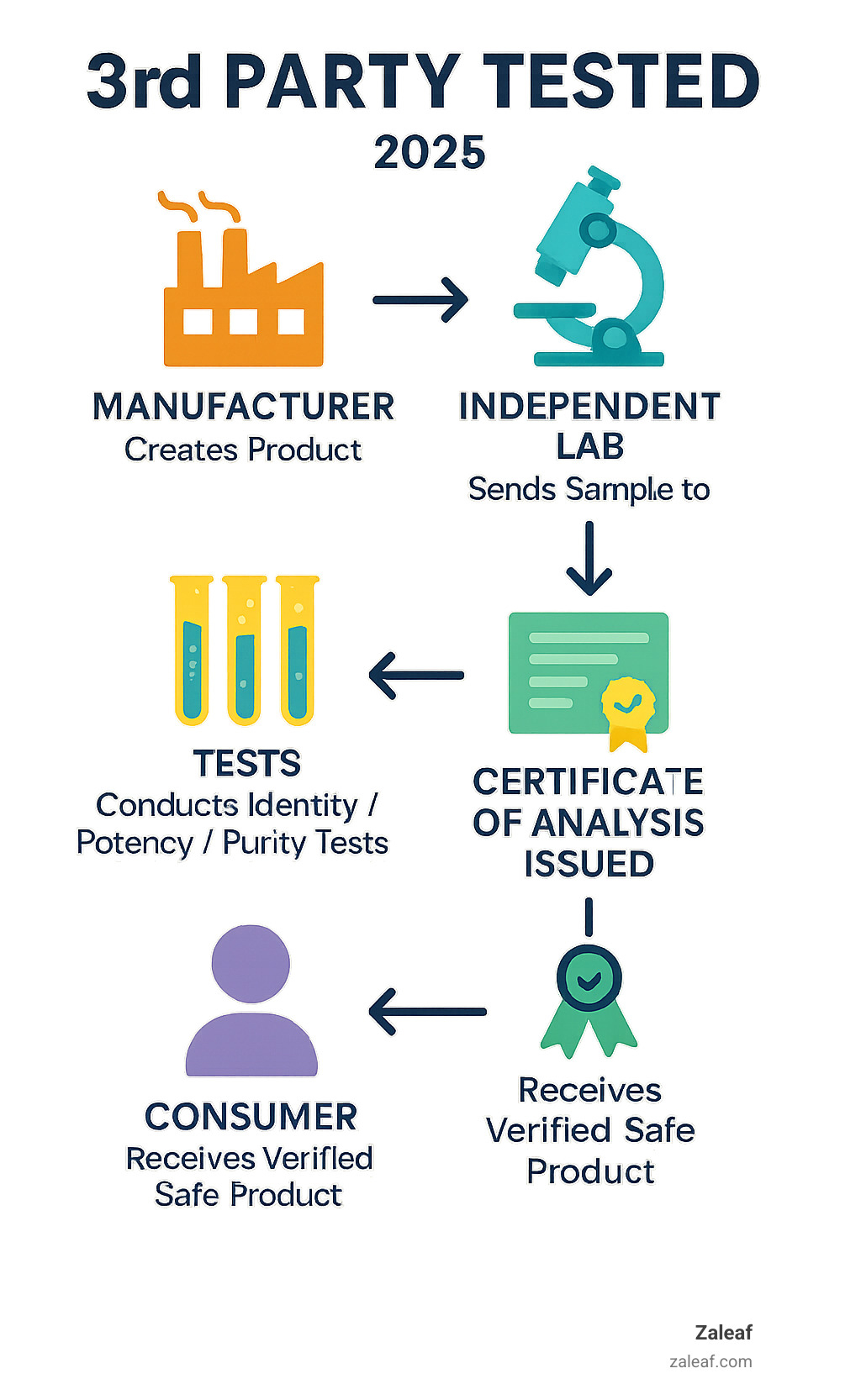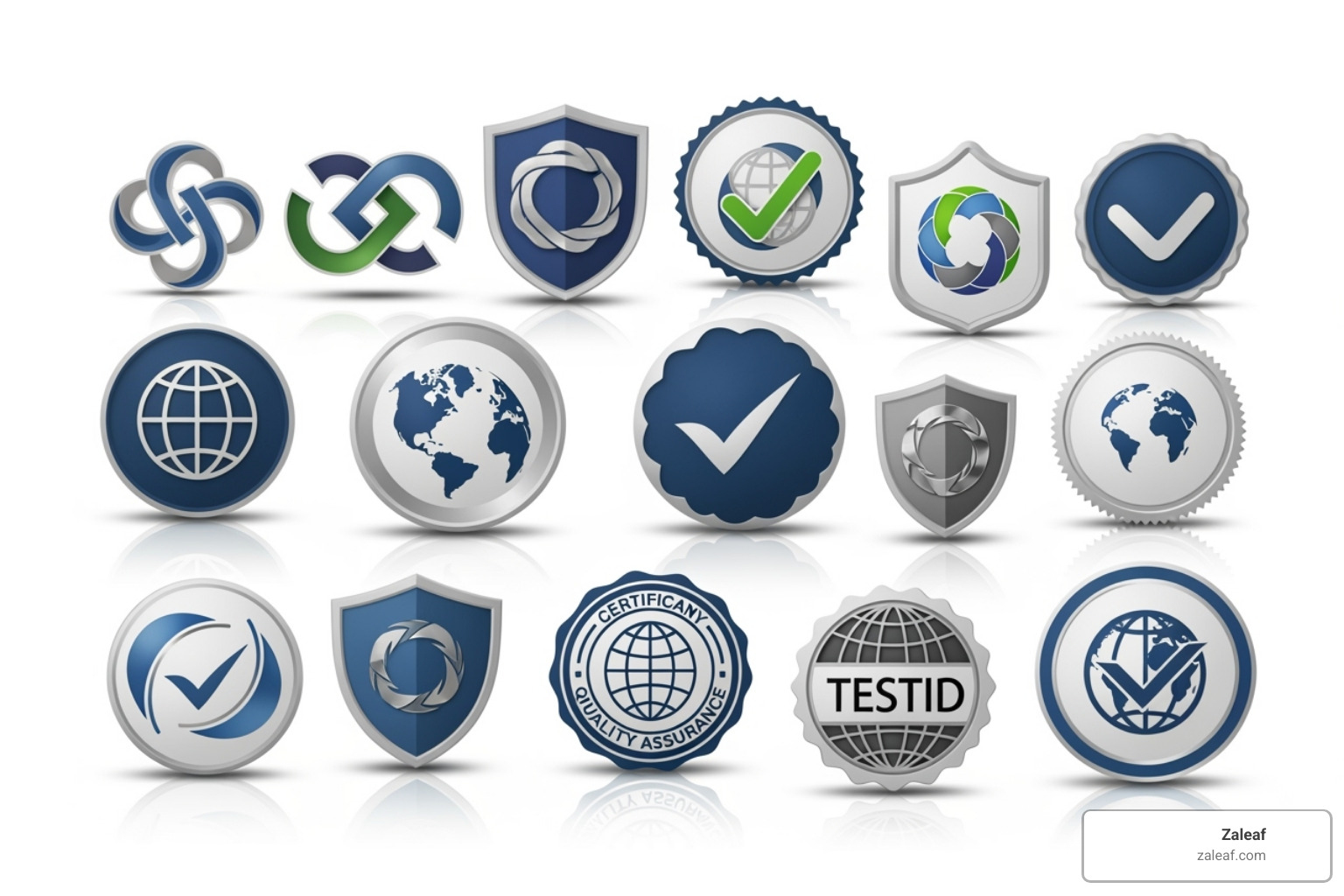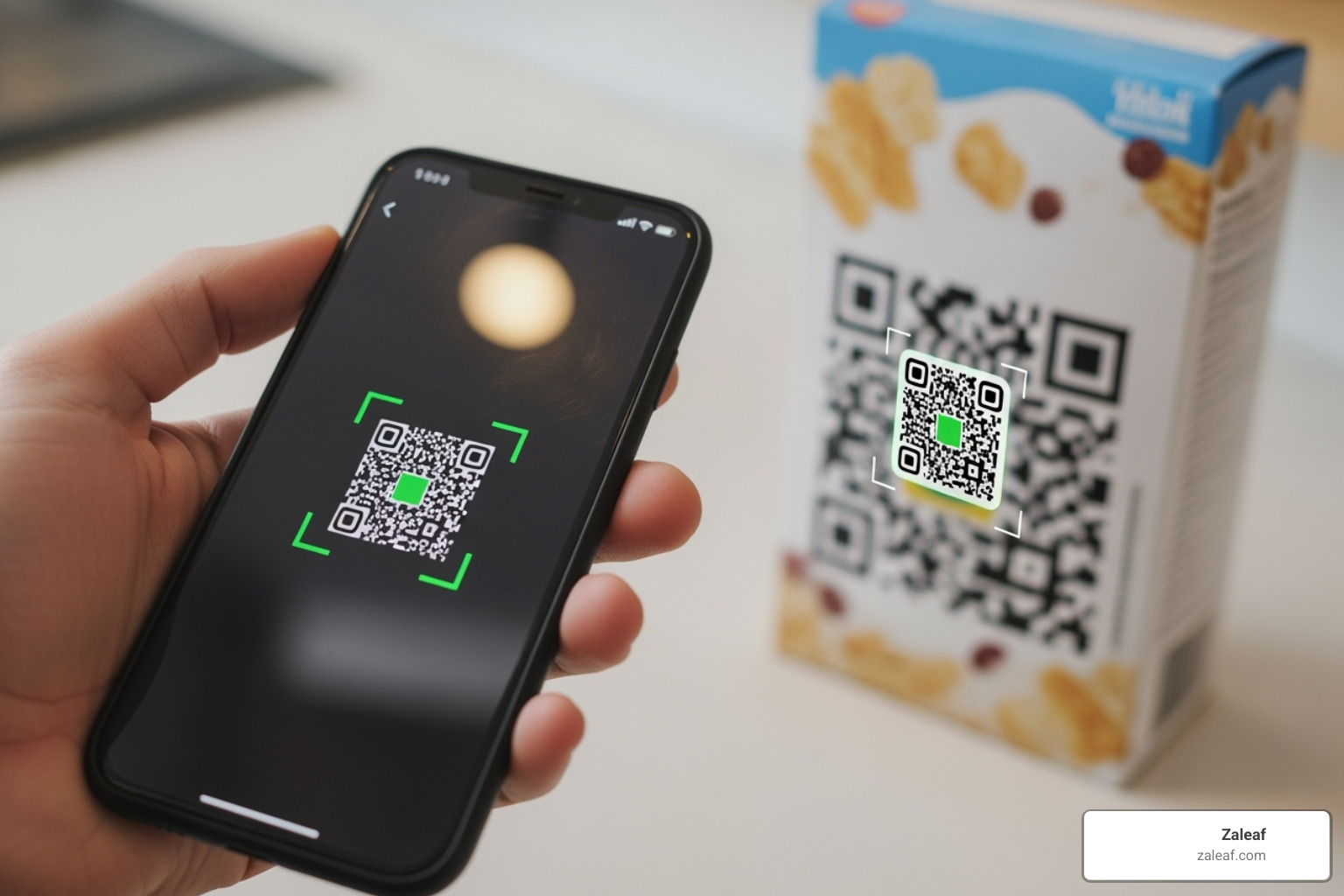Beyond the Label: Demystifying Third-Party Testing

Why Third-Party Testing Protects Your Health and Wallet
When you see 3rd party tested on a label, it means an independent lab with no financial ties to the manufacturer has verified the product's contents. This certification confirms:
- Identity: The ingredients match the label.
- Potency: Active ingredients are present in the claimed amounts.
- Purity: The product is free from harmful contaminants like heavy metals or pesticides.
- Safety: The product meets established safety standards.
This matters because most supplements and cannabis products aren't reviewed by the FDA for safety or effectiveness before sale. This regulatory gap has led to significant issues: research found unapproved drugs in over 700 supplements, and one study showed four out of five herbal products from major retailers didn't contain the listed herbs.
Third-party testing fills this void, acting as an independent referee to ensure you get what you pay for, safely. At Zaleaf, we've built our company on this principle. We believe transparency through rigorous 3rd party tested verification is non-negotiable for your safety and peace of mind.

What is Third-Party Testing and Why Does It Matter?
3rd party tested means a product is analyzed by an independent laboratory with no financial ties to the manufacturer. This independence is crucial. Since the lab has nothing to gain from biased results, you can trust their findings are based on science, not business relationships.
In the supplement and cannabis industries, companies often police themselves. Without independent verification, you're just taking their word on what's in the product. Independent verification serves as your quality control, ensuring what you buy is safe, pure, and accurately labeled—no hidden ingredients or dangerous contaminants.
At Zaleaf, we consider this unbiased analysis essential. You deserve to know exactly what you're putting in your body, which is why all our products undergo rigorous third-party testing. This process builds trust and demonstrates our commitment to product quality and safety.
Want to dive deeper? Check out our guide on The Ins and Outs of Third-Party Lab Testing.
The Regulatory Gap: Supplements, Cannabis, and Consumer Goods
Unlike prescription drugs, most supplements and cannabis products can be sold without prior government safety checks. The FDA does not approve these products before they hit shelves, creating a regulatory gray zone.
The Dietary Supplement Health and Education Act (DSHEA) of 1994 places the responsibility for safety and labeling on manufacturers, but it doesn't mandate pre-market review. This "trust us" system means the FDA often only intervenes after problems occur.
Cannabis product regulations are similarly inconsistent, with rules varying by state and limited federal oversight. This makes manufacturer responsibility and independent testing even more critical.
In contrast, children's product safety laws mandate third-party testing, acknowledging that independent verification is essential for vulnerable populations. You can learn more from the Federal requirements for children's products.
This regulatory gap is why Zaleaf is committed to exceeding legal requirements, providing the trusted, tested products you deserve.
Building a Wall of Trust Against Contamination and Fraud
The statistics on untested products are shocking. Between 2007 and 2016, over 700 supplements were found to contain unapproved pharmaceutical ingredients. In another case, ingredient verification revealed that four out of five herbal products from major retailers contained none of the herbs listed on their labels.
Preventing contamination is equally critical. Untested products can contain heavy metals, pesticides, chemical solvents, bacteria, and mold, which pose serious health risks.
Ensuring label accuracy through 3rd party tested verification builds a wall of trust. Independent labs confirm that each batch contains exactly what it should—and nothing it shouldn't. This is why every Zaleaf product is rigorously tested, so you can be confident you're getting a pure, potent, and safe product.
For more on how testing protects you, read our article on Cannabis Edibles: Are They Safe or Bad For You?
The Anatomy of a 3rd Party Tested Product
Behind every 3rd party tested label is a world of rigorous scientific analysis. Independent labs use sophisticated methods to answer three critical questions: What is it? How much is there? Is it clean? The results are published in a Certificate of Analysis (COA), your product's official report card.

Identity: Is the Product What It Claims to Be?
Identity testing confirms that what's on the label is actually in the product. This crucial step prevents ingredient swapping, where manufacturers substitute expensive ingredients with cheaper fillers. For example, testing ensures a product claiming to have ginseng doesn't contain rice powder instead. For cannabis, it verifies that the listed cannabinoids and terpenes are genuinely present.
Without identity testing, you're taking the manufacturer's word for it. Given that studies have found many products don't contain their listed ingredients, this verification is essential for a trustworthy 3rd party tested product.
Potency: Does It Contain the Right Amount?
Potency testing measures how much of an active ingredient is present, which is crucial for getting the expected results. If a supplement is under-dosed, you won't get the benefits you paid for.
For cannabis products, potency testing is even more critical. The lab measures the exact percentages of THC, CBD, and other cannabinoids, allowing for consistent and predictable experiences. At Zaleaf, we use this data to formulate our products precisely.
Accurate potency information prevents dosing guesswork, which can lead to taking too little or too much. Verified potency is key to a safe and effective product.
If you're new to cannabis dosing, our guide Dose Like a Pro: Mastering THC Gummies Dosage for Beginners can help you start safely.
Purity and Contaminants: Is the Product Clean and Safe?
Purity testing is where 3rd party tested products prove their value in protecting your health. This process screens for harmful substances that shouldn't be in the final product. Key contaminants include:
- Heavy metals: Lead, mercury, and arsenic from contaminated soil or water.
- Pesticides: Harmful agricultural chemicals used during cultivation.
- Residual solvents: Chemicals left over from the extraction process.
- Microbials and mycotoxins: Harmful bacteria, mold, yeast, and their toxic byproducts.
These contaminants can cause serious short-term and long-term health problems. At Zaleaf, our cannabis products undergo comprehensive screening for all these potential threats to ensure every product is clean and safe. Purity testing provides an invisible shield, giving you peace of mind that what you're consuming won't harm you.
For more information about specific cannabis compounds, check out our article on What is THCA?.
Decoding the Seals: A Guide to Top Certification Programs
Certification seals on packaging are your roadmap to understanding a product's 3rd party tested verification. These quality badges show how thoroughly a product was examined, but not all seals are equal. Some focus on general safety, while others target specific concerns like banned substances for athletes.

For General Health and Supplements
For general supplements, look for seals from reputable, independent certification bodies. The best programs set strict standards for identity, potency, purity, and performance, and often conduct ongoing facility and product inspections to ensure continued compliance. A thorough certification involves a review of manufacturing processes, label claims, and toxicology, with regular audits to ensure long-term quality. These seals represent a serious commitment to quality and transparency.
For Athletes
For athletes, choosing 3rd party tested supplements is critical, as a contaminated product could lead to a failed drug test and end a career. Specialized certifications protect against banned substances. These programs test for hundreds of substances banned by major athletic organizations, including performance-enhancing drugs, contaminants, and masking agents. The most rigorous programs require every single batch of a product to be tested before it can be sold, offering the highest level of assurance for competitive athletes who need to ensure their supplements are free from substances like steroids, stimulants, and SARMs.
For Cannabis Products: The Importance of a COA
In the evolving cannabis market, 3rd party tested verification is your lifeline to safety. The most important document is the Certificate of Analysis (COA), a detailed report from an independent lab.
A COA provides crucial information:
- Potency Testing: Shows the exact percentages of cannabinoids like Delta-9 THC (which must be <0.3% for legal hemp), Delta-8 THC, and CBD. This is essential for accurate dosing and predictable effects.
- Terpene Profiles: Details the aromatic compounds that influence a product's effects and flavor. At Zaleaf, we use this data to formulate products for specific moods.
- Contaminant Screening: Confirms the product is free from pesticides, heavy metals, residual solvents, and microbes.
Reputable brands, including Zaleaf, make COAs easily accessible, often via a QR code on the packaging. This transparency allows you to verify a product's quality and safety instantly.
To learn more about finding quality products, read The Ultimate Guide to Finding Delta-8 Products.
Your Consumer Toolkit: How to Verify and What to Watch Out For
Knowing what 3rd party tested means is the first step; now let's put that knowledge to work. Becoming a savvy shopper is easier than you think.

How to Identify a Genuinely 3rd Party Tested Product
Reputable companies make it easy to verify their claims. Here's what to look for:
- Look for the seal: Check the packaging for logos from recognized certifiers.
- Scan the QR code: Many products, especially in cannabis, have a QR code that links directly to the Certificate of Analysis (COA) for that specific batch.
- Check the website: If there's no QR code, visit the certifier's website. Most have searchable databases of certified products.
- Find the batch number: Use the lot or batch number on the package to find the exact lab report for your item.
- Beware of vague claims: Phrases like "lab verified" without proof are red flags. Transparent companies proudly share their results.
At Zaleaf, we make our 3rd party tested results for every product easily accessible via QR codes and our website. For more tips, see The Ultimate Delta-8 Product Showdown: Which One Reigns Supreme?.
What If a Product Isn't 3rd Party Tested?
If a product doesn't clearly state it's 3rd party tested or provide easy access to results, assume it isn't. This significantly increases your risk as a consumer.
Without independent verification, a product could be mislabeled, incorrectly dosed, or contaminated. A lack of transparency often suggests a company is cutting corners or has something to hide. You can try contacting the manufacturer directly for a COA, but if they are unwilling to provide it, that's a major red flag.
With many transparent brands available, there's no need to gamble on your health. Also, be wary of "in-house testing" claims; it's not a substitute for unbiased, independent verification.
Understanding the Limitations of Testing
While 3rd party tested products offer crucial peace of mind, it's important to understand their limitations:
- Testing verifies safety, not effectiveness. A lab can confirm a product is pure and accurately labeled, but it can't guarantee it will work for your specific health needs. Efficacy is determined by clinical research.
- Labs test for common threats. Testing is comprehensive but can't screen for every theoretical contaminant. Labs focus on the most likely and dangerous substances.
- Results are a snapshot in time. A COA applies to a specific batch. This is why choosing brands committed to consistent quality control and ongoing testing, like Zaleaf, is so important.
Despite these limitations, third-party testing is the most powerful tool for reducing risk and making informed choices.
Frequently Asked Questions about Third-Party Testing
We get it - navigating 3rd party tested products can feel overwhelming at first. You're probably wondering about the nitty-gritty details, and that's exactly what smart consumers should be asking! Let's clear up some of the most common questions we hear.
What's the difference between first, second, and third-party testing?
The key difference is independence:
First-party testing: The manufacturer tests its own products (in-house). This is important for internal quality control but lacks unbiased oversight.
Second-party testing: An entity with a business relationship (like a retailer or buyer) tests the product. This is better, but a potential conflict of interest still exists.
Third-party testing: A completely independent lab with no financial ties to the manufacturer performs the tests. This is the gold standard for unbiased, trustworthy results, as the lab's only interest is accuracy.
Does a "cGMP" seal mean a product is third-party tested?
No, a cGMP seal does not mean a product is 3rd party tested.
cGMP stands for Current Good Manufacturing Practices. It's an FDA-enforced standard that regulates the process of how a product is made, packaged, and stored to ensure consistency and prevent contamination. It's about the "how," not the "what."
While cGMP compliance is crucial for quality, it doesn't verify the final product's contents. Third-party testing analyzes the finished product to confirm its identity, potency, and purity. A quality brand will have both cGMP compliance and third-party testing.
Is third-party testing legally required for all products?
It depends on the product category.
For children's products: Yes, third-party testing by a CPSC-accepted lab is legally required in the U.S. to protect this vulnerable population.
For dietary supplements: No, the FDA does not federally mandate third-party testing. Manufacturers are responsible for ensuring safety, which is why independent testing has become a critical best practice to fill this regulatory gap.
For hemp-derived cannabis products: The legal landscape is evolving, with rules varying by state. However, for reputable brands like Zaleaf, third-party testing is a non-negotiable standard. It's essential for verifying legal THC limits, confirming cannabinoid profiles, and ensuring products are free from contaminants.
Conclusion: Shop with Confidence
In a market where labels can be misleading, 3rd party tested verification is your most reliable tool for protecting your health and wallet. It closes the regulatory gaps and builds a wall of trust against contamination, mislabeling, and fraud.
By understanding how to read a Certificate of Analysis (COA), recognize certification seals, and use tools like QR codes, you can become a truly savvy consumer. You now have the knowledge to identify genuinely tested products and avoid those that lack transparency.
At Zaleaf, transparency is our foundation. Every cannabis product we offer undergoes rigorous 3rd party tested verification. We make our lab results easily accessible because you deserve to know exactly what you're putting into your body and to feel complete confidence in your purchase.
When you choose 3rd party tested products, you're prioritizing your health and demanding a higher standard of quality. You are taking control of your wellness journey with empowered, informed decisions. Your peace of mind is worth it.
For more insights into making informed choices, explore our guide on Choosing Your Vape: A Guide to Disposable and Non-Disposable Cannabis Pens.

